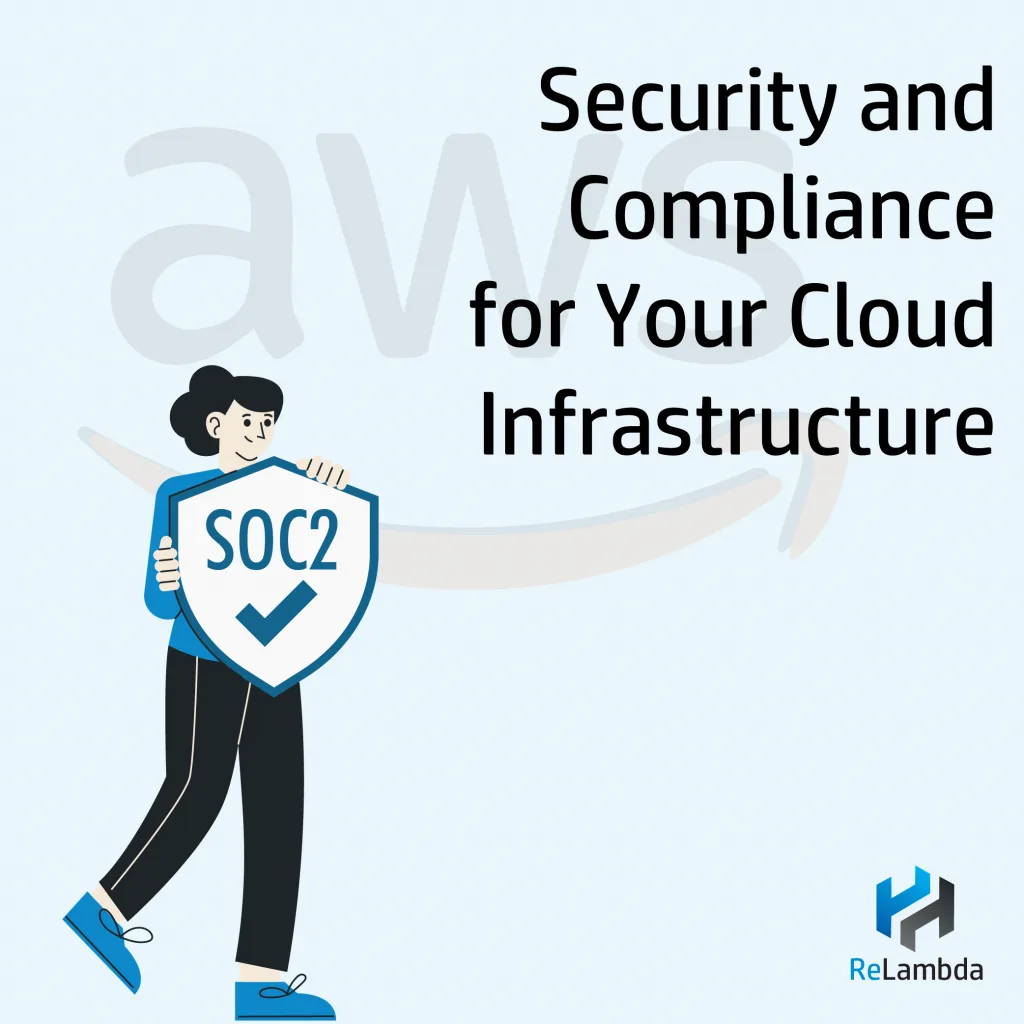Is Your Cloud Ready for 2025?
The cloud isn’t just the future; it’s the present. By 2025, cloud adoption will be ubiquitous, with businesses relying on it for everything from data storage to mission-critical applications. But with this increased reliance comes increased risk. In a landscape rife with sophisticated cyber threats, ensuring the security of your cloud infrastructure is paramount. This is where ISO 27001, the international standard for Information Security Management Systems (ISMS), becomes absolutely crucial.
This isn’t just another compliance checkbox; it’s a strategic imperative.
Why ISO 27001 Matters More Than Ever in 2025
ISO 27001 provides a framework for establishing, implementing, maintaining, and continually improving an ISMS. It’s a risk-based approach that helps organizations identify, assess, and mitigate information security risks. In the context of cloud infrastructure, this translates to:
- Enhanced Data Protection: ISO 27001 mandates robust security controls, including encryption (both at rest and in transit using TLS 1.3 or later), access control mechanisms (RBAC, ABAC), and data loss prevention (DLP) strategies. This helps protect sensitive data from unauthorized access, modification, or destruction. Think granular access control using IAM policies and robust key management using HSMs.
- Improved Compliance Posture: With increasingly stringent data privacy regulations like GDPR, CCPA, and others on the horizon, demonstrating compliance is essential. ISO 27001 aligns with these regulations, providing a structured approach to meeting their requirements. This includes data residency considerations and adherence to data subject rights.
- Reduced Security Incidents: By implementing a proactive risk management approach, ISO 27001 helps prevent security incidents before they occur. This includes regular vulnerability assessments (penetration testing, SAST, DAST), security audits, and incident response planning.
- Increased Trust and Confidence: Achieving ISO 27001 certification demonstrates a commitment to information security, building trust with customers, partners, and stakeholders. This is particularly important in the cloud environment, where trust is paramount.
- Strengthened Supply Chain Security: Cloud infrastructure often involves multiple third-party providers. ISO 27001 helps organizations manage the security risks associated with these providers, ensuring that they also adhere to robust security standards. This includes thorough due diligence and contractual obligations.
- Business Continuity and Disaster Recovery: ISO 27001 emphasizes the importance of business continuity and disaster recovery planning. This ensures that critical business operations can continue in the event of a disruption, such as a cyberattack or a natural disaster. This involves RTO (Recovery Time Objective) and RPO (Recovery Point Objective) definition and implementation.
Key Technical Considerations for ISO 27001 in the Cloud
Implementing ISO 27001 in a cloud environment requires careful consideration of several technical aspects:
- Shared Responsibility Model: Understanding the shared responsibility model between the cloud provider and the customer is crucial. The provider is responsible for the security of the cloud, while the customer is responsible for the security in the cloud.
- Cloud Security Posture Management (CSPM): Implementing a CSPM solution is essential for monitoring and managing the security posture of cloud resources. This helps identify misconfigurations, compliance violations, and security vulnerabilities.
- Security Information and Event Management (SIEM): Integrating cloud logs with a SIEM system provides real-time visibility into security events and helps detect and respond to threats.
- Infrastructure as Code (IaC) Security: Securely managing infrastructure through code is essential for preventing misconfigurations and ensuring consistency. This involves using tools like Terraform and CloudFormation with security best practices.
- Zero Trust Security: Implementing a Zero Trust security model, which assumes no implicit trust, is crucial for securing cloud environments. This involves strong authentication, microsegmentation, and continuous monitoring.
Conclusion
In 2025, ISO 27001 will be more than just a certification; it will be a prerequisite for doing business in the cloud. By implementing a robust ISMS, organizations can protect their data, comply with regulations, and build trust with their stakeholders. Don’t wait until it’s too late. Start your ISO 27001 journey today and ensure your cloud is ready for the future. We at ReLamda help you get compliant with ISO27001. Write to us on hello@relambda.com for more details on getting your cloud ISO27001 compliant.


